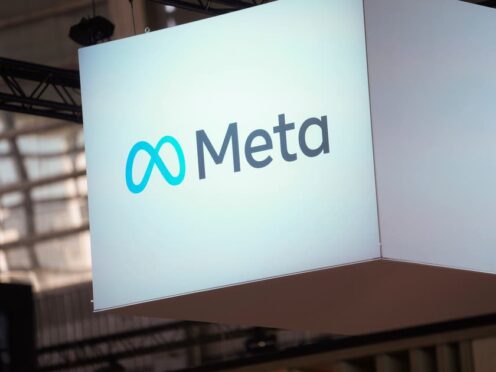Meta wants to use data from users in privacy-conscious Europe to train its artificial intelligence models, the social media giant has said.
The announcement came as it faces concerns about data protection while battling to keep up with rivals such as OpenAI and Google.
The company, which owns Facebook, Instagram and WhatsApp, said that in order to better reflect the “languages, geography and cultural references” of its users in Europe, it needs to use public data from those users to teach its Llama AI large language model.
Meta’s AI training efforts are hampered by stringent European Union data privacy laws, which give people control over how their personal information is used.
Vienna-based group NOYB, led by activist Max Schrems, complained last week to 11 national privacy watchdogs about Meta’s AI training plans and urged them to stop the company before it starts training Llama’s next generation.
AI language models are trained on vast pools of data that help them predict the most plausible next word in a sentence, with newer versions typically smarter and more capable than their predecessors.
Meta’s AI assistant feature has been baked into Facebook, Instagram and WhatsApp for users in the US and 13 other countries, but notably not Europe.
“If we don’t train our models on the public content that Europeans share on our services and others, such as public posts or comments, then models and the AI features they power won’t accurately understand important regional languages, cultures or trending topics on social media,” Meta said in blog post.
Meta said it will not use private messages to friends and family nor content from European users who are under 18.
Since May 22, the company has sent two billion notifications and emails to European users explaining its plans and linking to an online form to opt out.
The latest version of Meta’s privacy policy is set to take effect on June 26, indicating that training for the next model will start soon after.
